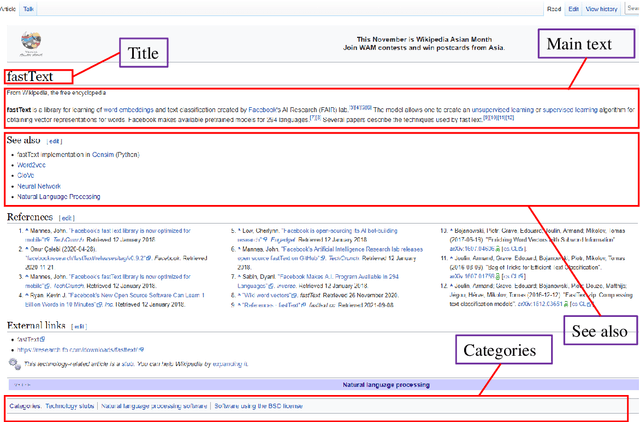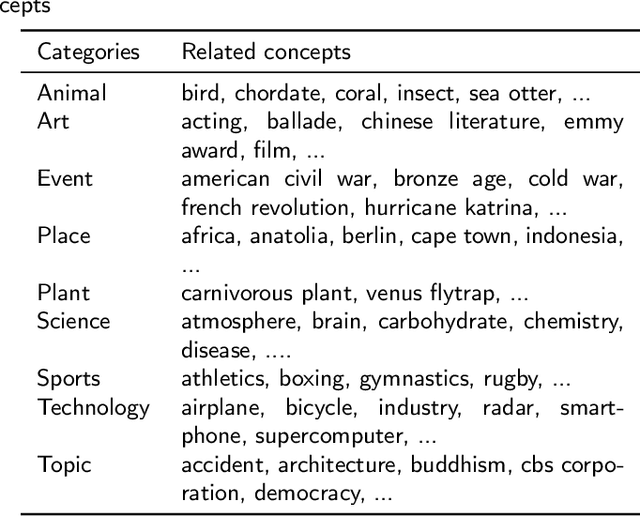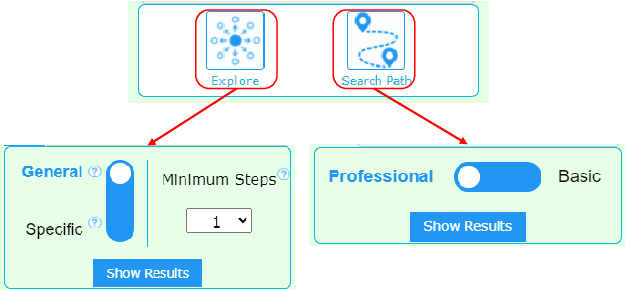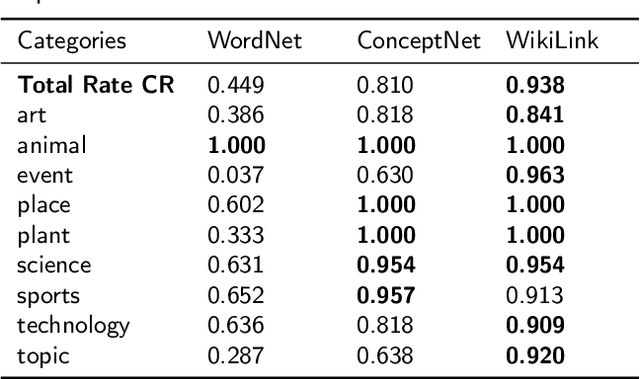Tianqi Song
AI-exhibited Personality Traits Can Shape Human Self-concept through Conversations
Jan 19, 2026Abstract:Recent Large Language Model (LLM) based AI can exhibit recognizable and measurable personality traits during conversations to improve user experience. However, as human understandings of their personality traits can be affected by their interaction partners' traits, a potential risk is that AI traits may shape and bias users' self-concept of their own traits. To explore the possibility, we conducted a randomized behavioral experiment. Our results indicate that after conversations about personal topics with an LLM-based AI chatbot using GPT-4o default personality traits, users' self-concepts aligned with the AI's measured personality traits. The longer the conversation, the greater the alignment. This alignment led to increased homogeneity in self-concepts among users. We also observed that the degree of self-concept alignment was positively associated with users' conversation enjoyment. Our findings uncover how AI personality traits can shape users' self-concepts through human-AI conversation, highlighting both risks and opportunities. We provide important design implications for developing more responsible and ethical AI systems.
Multi-Agents are Social Groups: Investigating Social Influence of Multiple Agents in Human-Agent Interactions
Nov 07, 2024



Abstract:Multi-agent systems - systems with multiple independent AI agents working together to achieve a common goal - are becoming increasingly prevalent in daily life. Drawing inspiration from the phenomenon of human group social influence, we investigate whether a group of AI agents can create social pressure on users to agree with them, potentially changing their stance on a topic. We conducted a study in which participants discussed social issues with either a single or multiple AI agents, and where the agents either agreed or disagreed with the user's stance on the topic. We found that conversing with multiple agents (holding conversation content constant) increased the social pressure felt by participants, and caused a greater shift in opinion towards the agents' stances on each topic. Our study shows the potential advantages of multi-agent systems over single-agent platforms in causing opinion change. We discuss design implications for possible multi-agent systems that promote social good, as well as the potential for malicious actors to use these systems to manipulate public opinion.
WikiLink: an encyclopedia-based semantic network for design innovation
Aug 30, 2022



Abstract:Data-driven design and innovation is a process to reuse and provide valuable and useful information. However, existing semantic networks for design innovation is built on data source restricted to technological and scientific information. Besides, existing studies build the edges of a semantic network only on either statistical or semantic relationships, which is less likely to make full use of the benefits from both types of relationships and discover implicit knowledge for design innovation. Therefore, we constructed WikiLink, a semantic network based on Wikipedia. Combined weight which fuses both the statistic and semantic weights between concepts is introduced in WikiLink, and four algorithms are developed for inspiring new ideas. Evaluation experiments are undertaken and results show that the network is characterised by high coverage of terms, relationships and disciplines, which proves the network's effectiveness and usefulness. Then a demonstration and case study results indicate that WikiLink can serve as an idea generation tool for innovation in conceptual design. The source code of WikiLink and the backend data are provided open-source for more users to explore and build on.
 Add to Chrome
Add to Chrome Add to Firefox
Add to Firefox Add to Edge
Add to Edge